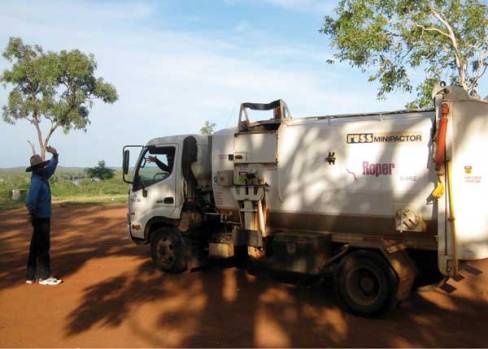By Julian Bajkowski
More than 50,000 state government public service jobs have been eliminated in the last four years as consecutive waves of downsizing continue to take their toll on already stretched departments which are being forced to do far more work with substantially fewer staff.
That’s the tough picture being painted for public sector staff revealed in an analysis of cuts obtained by Government News from the Community and Public Sector Union which shows that New South Wales now leads the nation in job shedding, with 19,236 positions axed since 2011-2012.
Although state governments have traditionally expanded and contracted the size of their workforces over medium term cycles – generally a decade or so – the size of the states’ cuts over the last five years points to an unprecedented run of job shedding.
The big wave of job cuts that hit Queensland following the election of the Campbell Newman LNP government and the state’s subsequent Commission of Audit are starkly illustrated in the CPSU’s figures that put the number of jobs cut at 14,082 in 2012-2013 followed by another 430 retrenchments in 2013-2014.
Meanwhile, the union estimates that the Western Australian government hacked out 1700 jobs in 2013-2014, while the South Australian government deleted another 2000 positions.
The revelation of the grim state figures comes as the federal public service and the Abbott government wrestles with its own election promise to cut 12,000 public service jobs through ‘natural attrition’ that is now increasingly impossible to fulfil.
Last week Finance Minister Matthias Cormann was forced to park the big number target under the umbrella of the federal Commission of Audit after the Senate Estimates process made public advice that Labor’s existing and much-maligned efficiency dividend would remove 14,500 jobs.
That event was bookended by federal public service chief and Secretary of the Department of Prime Minister and Cabinet, Dr Ian Watt, telling public servants at the Institute of Public Administration Australia’s annual conference that “the challenge of a very tight, and probably getting tighter, fiscal environment will – in my view – be with the APS for a decade.”To rise to that challenge, Dr Watt observed that “tough times” represented an opportunity for “hard headed thinking.”
A big part of such new, hardened thinking is set to be played out in what Dr Watt and other public sector leaders have described as “contestability” for the advice which the APS provides to government as well as the services it delivers.
Dr Watt said that although there may be concern about future of the APS within such a contest, he did not think that “the APS has anything to fear from a genuinely contestable environment.”
“I think increasing contestability provides incentives and opportunity for the public sector to adapt and to grow its strengths. The future public sector will be different, but still recognisably distinctive,” Dr Watt said.
“We should also be proactive about consulting, collaborating and cooperating with supposed ‘competitors’ in order to ensure the best policy and programme outcomes for Government,” Dr Watt said.
The head of the federal public service also drew a diplomatic line of sorts under the notion that the private sector had all the answers and was something that government needed to imitate by default.
“The idea that the private sector should take over public functions wherever possible and that the public service should model itself on the private sector has, in my view, some merit but that merit is not unlimited,” Dr Watt said.
Although it was not mentioned in Dr Watt’s speech, a prime example of the private sector under-delivering was the prosecution of whole-of-government IT outsourcing in the 1990s that resulted in thousands retrenched and sent to work for service providers like CSC, EDS, IBM and Telstra.
The result was that many departments and agencies effectively devolved control over technology strategy to outsourcers, a move that was subsequently recognised as an expensive mistake by both government and corporate organisations.
In his speech to the IPAA, Dr Watt also urged the public service to get on the front foot in terms of looking for ways to change and improve itself head of the forthcoming Commission of Audit.
“We cannot, and should not, simply wait for the Commission to do the thinking for us. We should already be adjusting priorities to meet the current fiscal environment and a new government and thinking about major changes that might come” Dr Watt said.
Dr Watt said that “…we [the APS] should be not only be assessing the way we work, but also what we are working on; we should be reviewing our critical functions; and looking at what we can, and should, stop doing.”
Comment below to have your say on this story.
If you have a news story or tip-off, get in touch at editorial@governmentnews.com.au.
Sign up to the Government News newsletter

